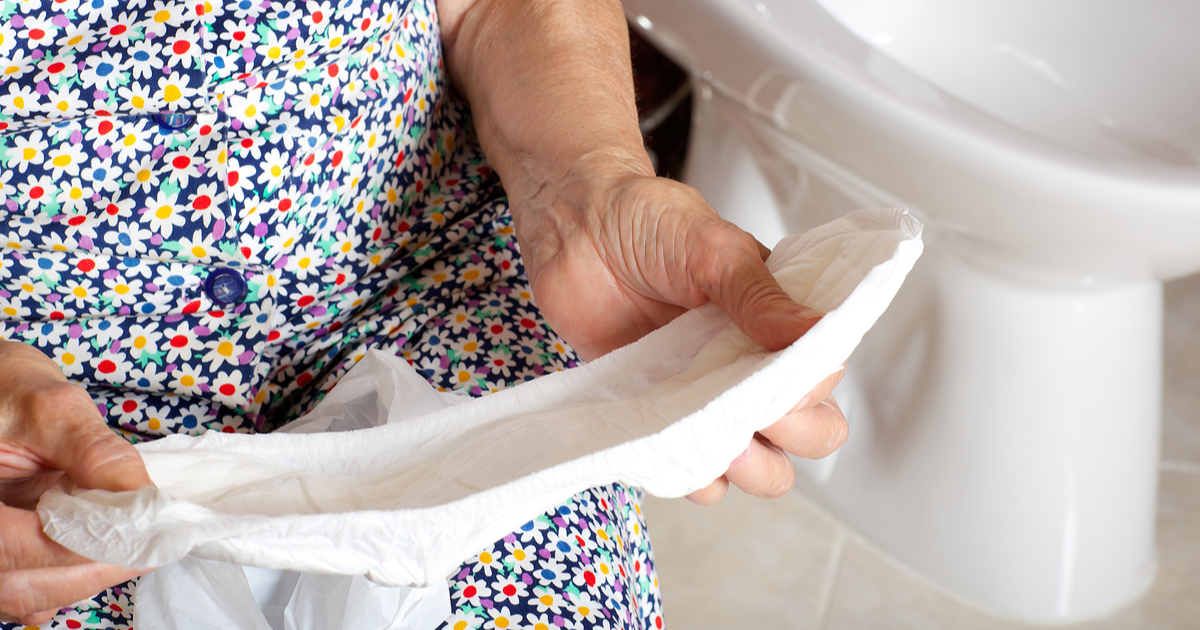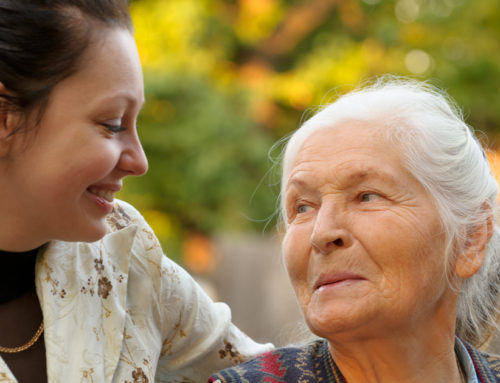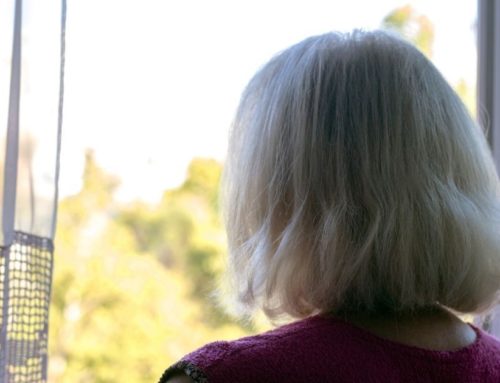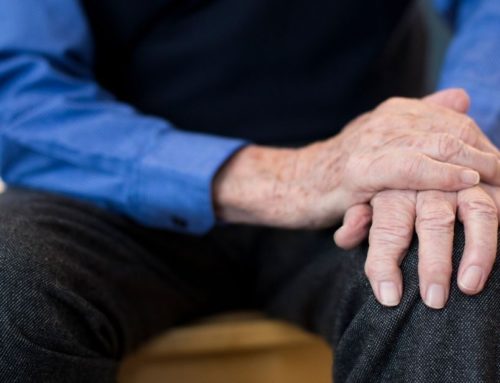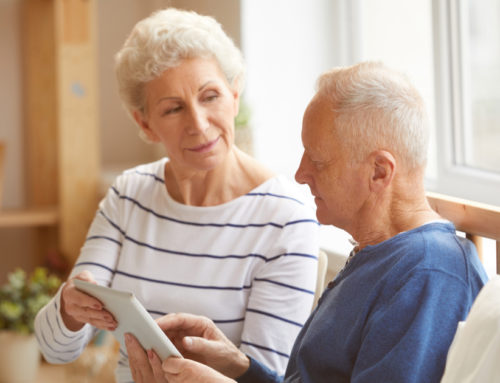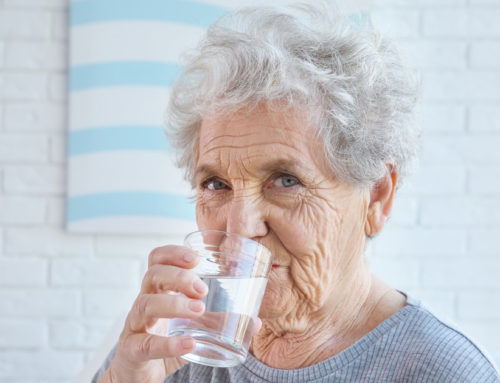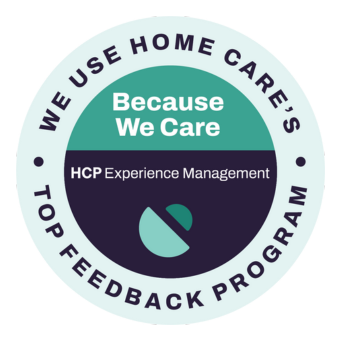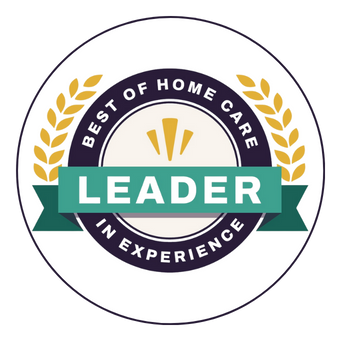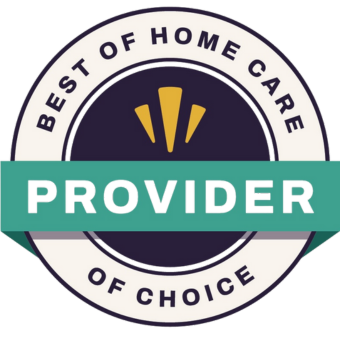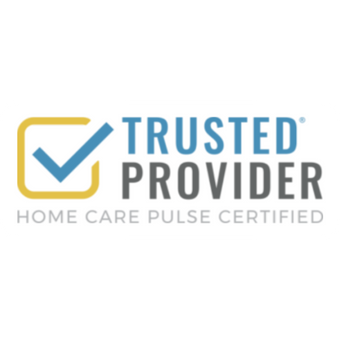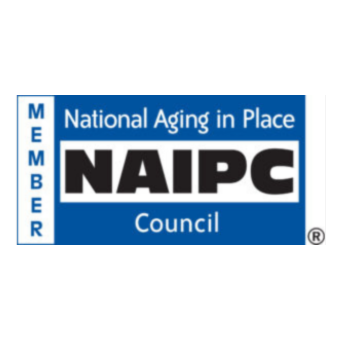Millions of Americans live with urinary incontinence, an oftentimes embarrassing condition that causes their bodies to accidentally leak urine. Although urinary incontinence can happen to anyone, it’s much more prevalent in women aged 65-and-over. Sometimes aging in place seniors with poor bladder control become less active and even socially isolated, which can place their health and well-being at risk. If you’re currently looking after a senior with incontinence, helping them enjoy a higher quality of life is possible when using these tips.
What Causes Urinary Incontinence?
According to the National Institute on Aging, urinary incontinence typically occurs for these reasons:
- Taking certain medications (short-term incontinence)
- Weakened or overactive bladder muscles
- Damage to nerves that control bladder muscles from diseases like diabetes or MS
- Blockage due to an enlarged prostate (men)
- Weakened pelvic floor muscles
- Poor mobility which makes it difficult to reach the toilet in time
- Vaginal or bladder prolapse (women)
Male incontinence is usually caused by prostate gland-related issues, such as:
- Prostatitis- a painful inflammation of the gland itself
- Damaged nerves or muscles resulting from prostate surgery
- An enlarged prostate, also known as Benign Prostatic Hypertrophy (BPH)
If you suspect that your loved one is experiencing incontinence, take them to see a doctor so they can perform a physical exam and order lab tests. Depending on the underlying cause, there are 4 different incontinence subcategories: stress, urge, overflow or functional.
How is Incontinence Treated?
Based on the type of incontinence your senior has, their doctor may recommend one or more of these treatment options:
Bladder Control Training
These strategies include pelvic muscle strengthening exercises (Kegels), biofeedback and timed voiding. If the doctor suggests any of these for your loved one, encourage them to be compliant.
Lifestyle Changes
Certain unhealthy lifestyle choices can make incontinence worse, like smoking tobacco products, drinking caffeinated beverages and alcohol, and being overweight. As a caregiver, talk to your loved one about making positive lifestyle changes. For example, encourage them to only drink water after dinner instead of coffee, or help them exercise so they will shed excess pounds.
Secondary Incontinence Treatments
Make sure that your loved one starts with the simplest and safest approaches first, like bladder control training and lifestyle changes. If those don’t work, their doctor may suggest one of these additional incontinence-management treatments:
- Estrogen-containing vaginal cream (women)
- Medications that help control bladder muscles (stress or urge incontinence)
- Injections in the urethra area (stress incontinence)
- Urethral insert or pessary (prolapsed bladder or vagina)
- Nerve stimulation
- Surgery
Even after receiving these treatments, urine may still leak out occasionally. To help your loved enjoy a more active lifestyle, consider getting them incontinence products like adult briefs, urine deodorizing pills, furniture pads, and special skin cleaners and moisture barriers that help prevent skin breakdown.
Alzheimer’s and Incontinence
Elderly adults in the later stages of Alzheimer’s disease typically have trouble getting to the toilet on time because they simply forget to go or forget where it’s located. Here are some ways to minimize accidents when caring for a senior with Alzheimer’s:
- Encourage them to take frequent bathroom breaks.
- Provide them with underwear that’s easy to get on and off.
- Make sure the bathroom and walkways are clutter-free and well-lit.
- Serve them plenty of water but restrict caffeinated beverages and alcohol.
- Buy them absorbent and discrete adult briefs to wear outside the home.
Compassionate In-Home Care for Seniors with Incontinence
Caring for an aging in place senior with incontinence can be frustrating when you have your own household to manage or live far away. When you need assistance, contact HomeChoice Home Care Solutions. As a family owned and operated agency, our carefully screened caregivers are highly trained to care for seniors with incontinence so they can continue aging comfortably in place right where they want to be.
In addition to providing incontinence care and personal hygiene for seniors, our compassionate caregivers can deliver services including homemaking, companionship, escorted transportation, meal preparation and medication reminders. And, all our home care amenities can be individually personalized within an affordable package that’ll restore your peace of mind! To learn more about HomeChoice Home Care Solutions, or to schedule a FREE, in-home care consultation for a special senior in your life, please call or visit us at online today.
